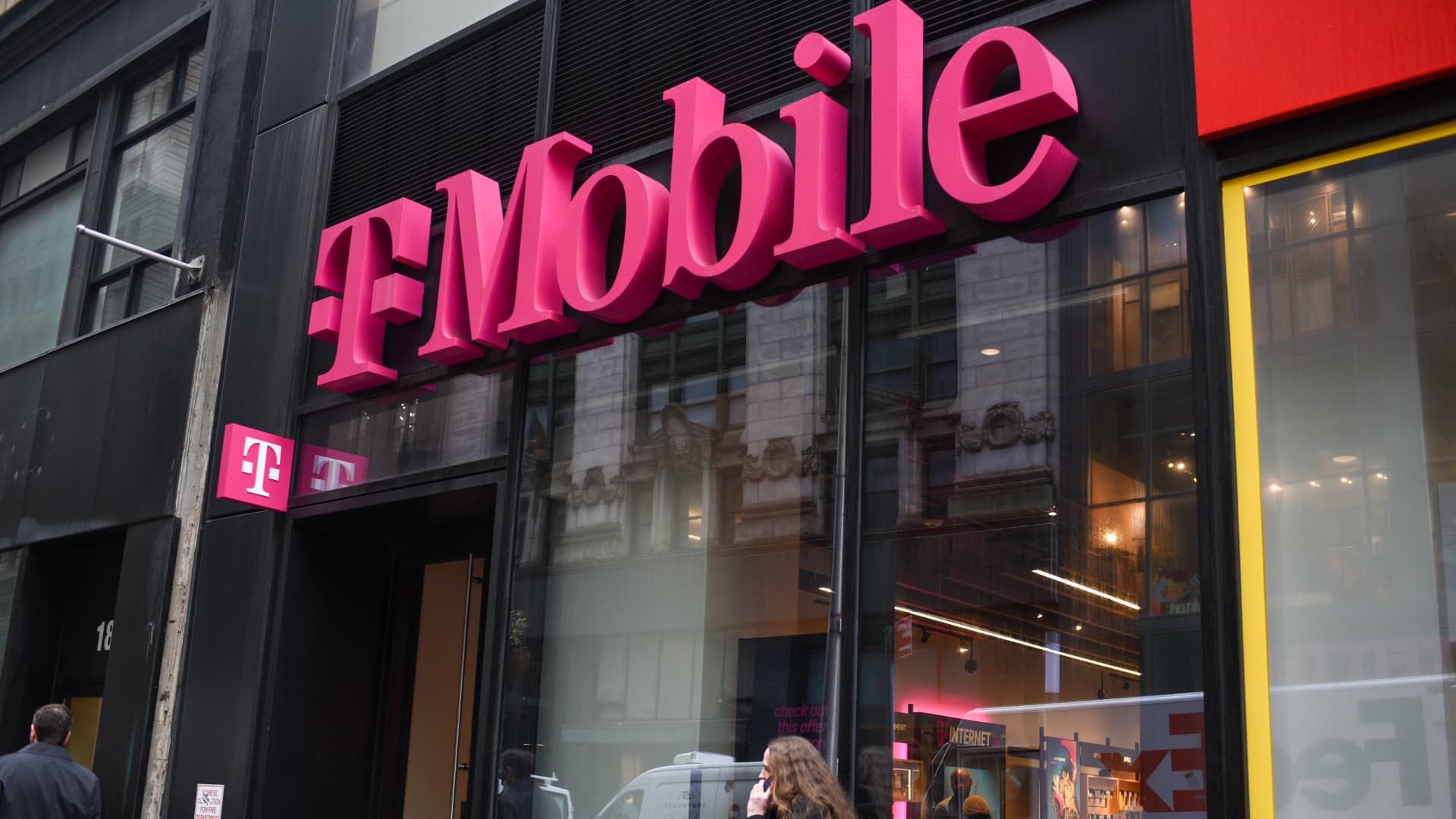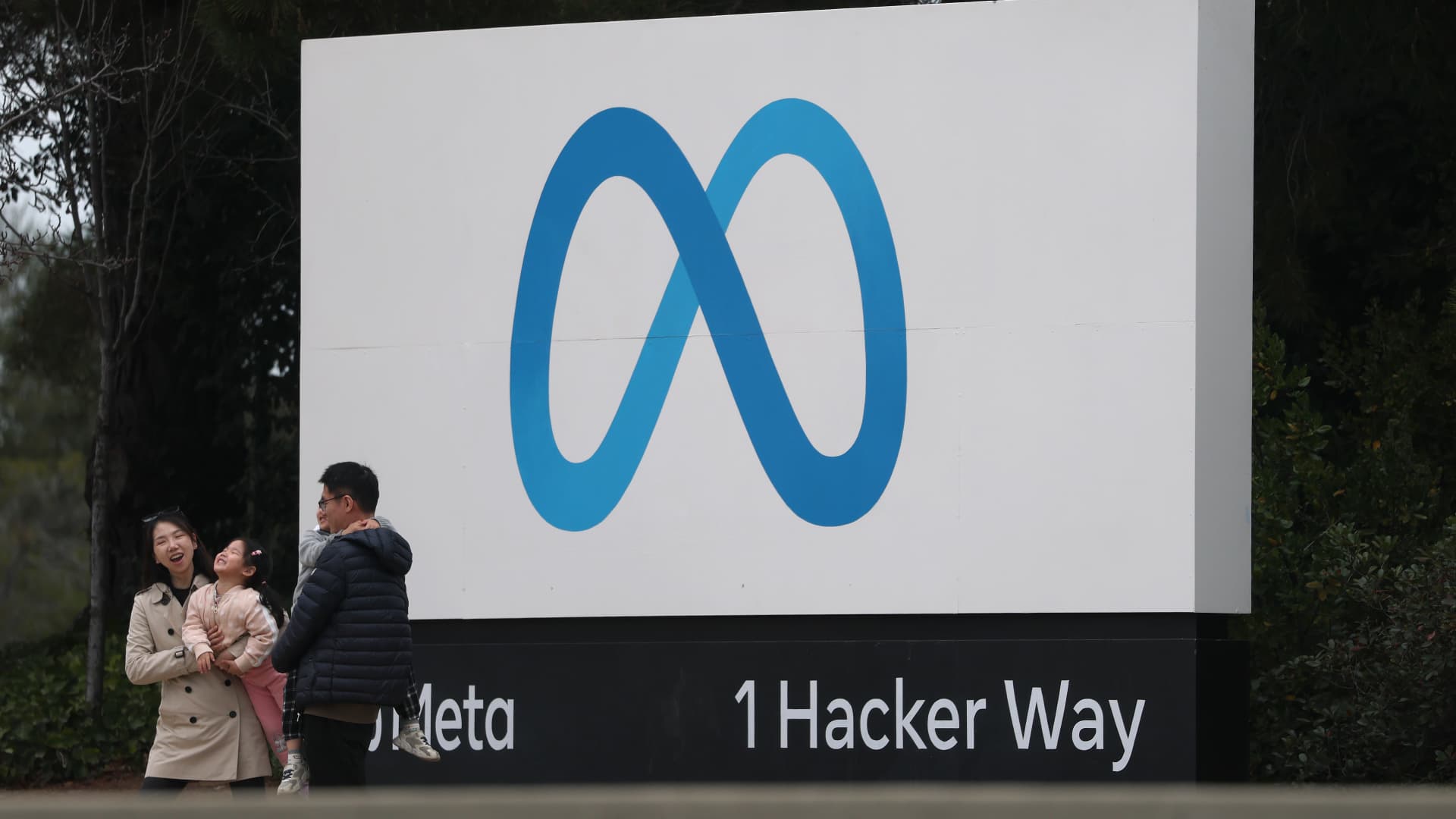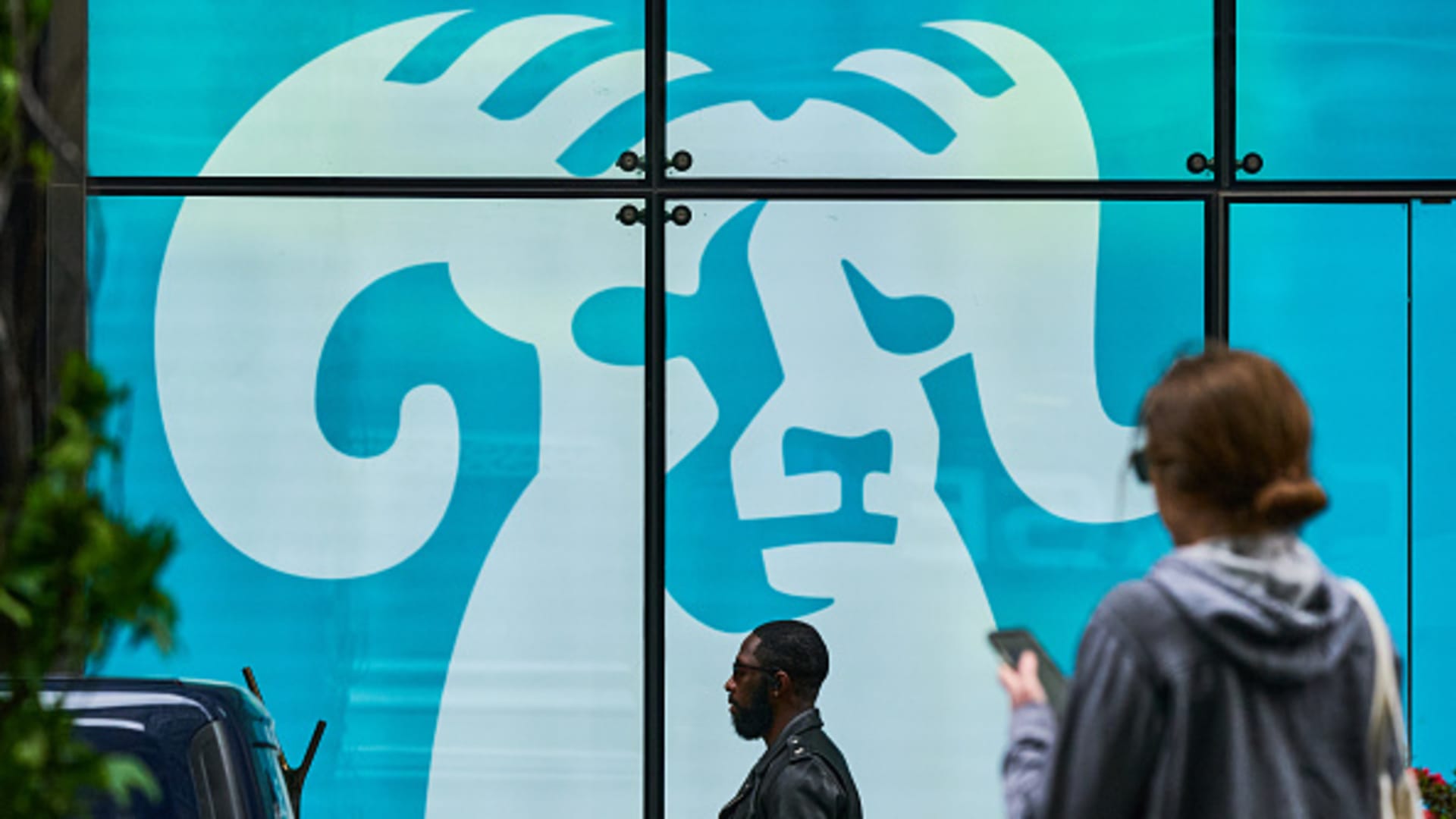Mortgage rates have stalled near 7% with the Fed’s plan to dial back interest rates delayed. (iStock)
Mortgage rates hovered in the 6.8% range again this week and are likely to remain in that range despite improving inflation metrics, according to Freddie Mac.
The average 30-year fixed-rate mortgage was 6.82% for the week ending April 4, according to Freddie Mac’s latest Primary Mortgage Market Survey. That’s an increase from the previous week when it averaged 6.79%. A year ago, the 30-year fixed-rate mortgage averaged 6.28%.
The average rate for a 15-year mortgage was 6.06%, down from 6.11% last week and up from 5.64% last year.
The Federal Reserve has signaled that it is in no rush to lower interest rates and is committed to maintaining its restrictive monetary policy until it gets further indication that inflation is moving towards its 2% target rate. Fed Chair Jerome Powell said recently that the plan to lower interest rates is still on track but that the central bank will monitor inflation and other economic indicators to determine when that happens. Market expectations are that the first rate cut will come in the summer, if not later in the year.
“Mortgage rates showed little movement again this week, hovering around 6.8 percent,” Freddie Mac’s Chief Economist Sam Khater said. “Since the start of 2024, the 30-year fixed-rate mortgage has not reached seven percent but has not dropped below 6.6 percent either.
“While incoming economic signals indicate lower rates of inflation, we do not expect rates will decrease meaningfully in the near-term,” Khater continued. “On the plus side, inventory is improving somewhat, which should help temper home price growth.”
If you are ready to shop for the best rate on a new mortgage, consider visiting an online marketplace like Credible to compare rates and get preapproved with multiple lenders at once.
BIDEN WANTS TO GIVE HOMEBUYERS $400 PER MONTH: STATE OF THE UNION
Mortgage apps plunge as interest rates steady
Elevated mortgage rates continued to weigh down on home buying. The Mortgage Bankers Association (MBA) said Wednesday that purchase applications have fallen for three consecutive weeks and dropped 0.6% from one week earlier. Refinancings dropped 2% and were 5% lower year-over-year.
“Mortgage rates have hovered around 7 percent recently, leading to a three-week slide in mortgage applications,” MBA President and CEO Bob Broeksmit said. “Although the home purchase market remains subdued, the uptick in FHA purchase applications is an indication that first-time buyers are active this spring despite continuing supply and affordability headwinds.”
Additionally, elevated mortgage rates and high home prices have now made renting a better month-to-month deal than buying a starter home in all 50 markets, according to the Realtor.com February 2024 Rental Report.
If you’re looking to become a homeowner, you could still find the best mortgage rates by shopping around. Visit Credible to compare your options without affecting your credit score.
HOMEBUYERS GAINED THOUSANDS OF DOLLARS AS MORTGAGE INTEREST RATES FALL: REDFIN
For sale housing inventory improving
Spring homebuying activity will likely be affected by the still-too-high borrowing costs, however, housing inventory is improving. According to Relator.com, an increasing number of homeowners are choosing to put their homes up for sale despite having to relinquish their lower mortgage rates to move in today’s housing market.
Homes listed for sale increased 23.5% in March compared with the same time in 2023, according to Realtor.com’s March 2024 Housing Trends Report. Moreover, in the first three months of 2024, the inventory of homes actively for sale was at its highest level since 2020. Much of the activity has been driven by homes priced in the $200,000 to $350,000 range.
“A higher mortgage rate has been a deal breaker for many over the last year, but an increasing number of homeowners are choosing to sell as we approach what is the ideal time–the week of April 14-20,” Realtor.com Chief Economist Danielle Hale said. “The number of homes actively for sale is at its highest level for this time of year since 2020.”
If you’re considering becoming a homeowner, it could help to shop around to find the best mortgage rate. Visit Credible to compare options from different lenders and choose the one with the best rate for you.
HIGH HOMEOWNERS INSURANCE RATES SCARING AWAY FLORIDA HOMEBUYERS, OTHER STATES FACE THE SAME ISSUE
Have a finance-related question, but don’t know who to ask? Email The Credible Money Expert at [email protected] and your question might be answered by Credible in our Money Expert column.

 Economics1 week ago
Economics1 week ago
 Personal Finance1 week ago
Personal Finance1 week ago
 Economics1 week ago
Economics1 week ago
 Blog Post6 days ago
Blog Post6 days ago
 Economics1 week ago
Economics1 week ago
 Personal Finance1 week ago
Personal Finance1 week ago
 Economics6 days ago
Economics6 days ago
 Economics7 days ago
Economics7 days ago












